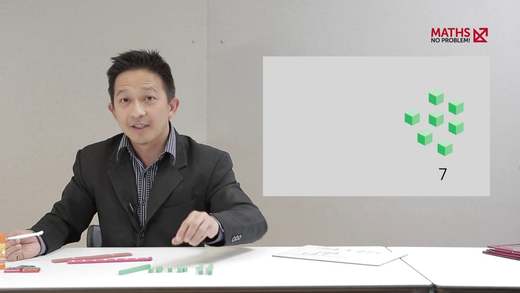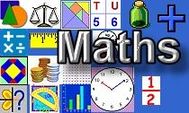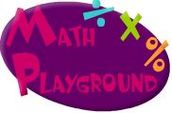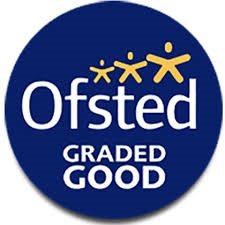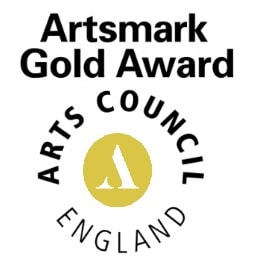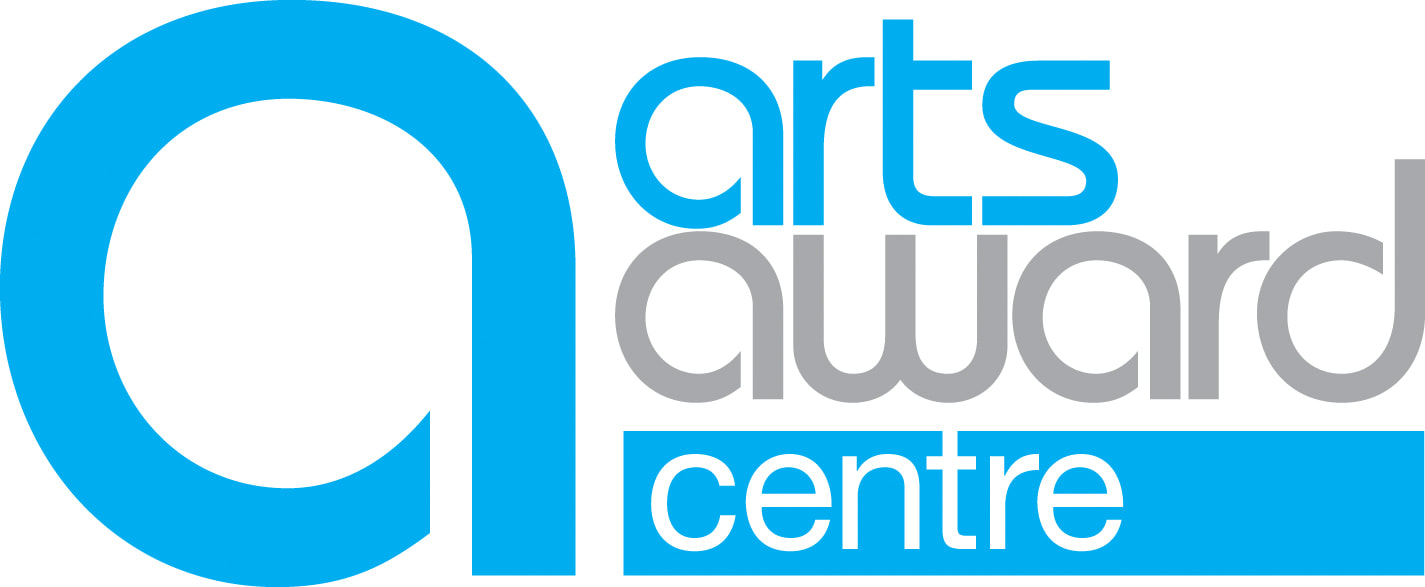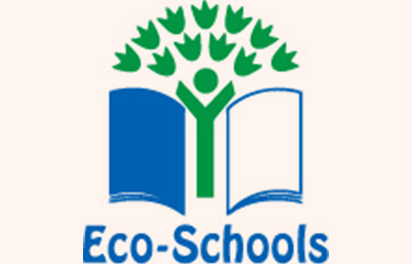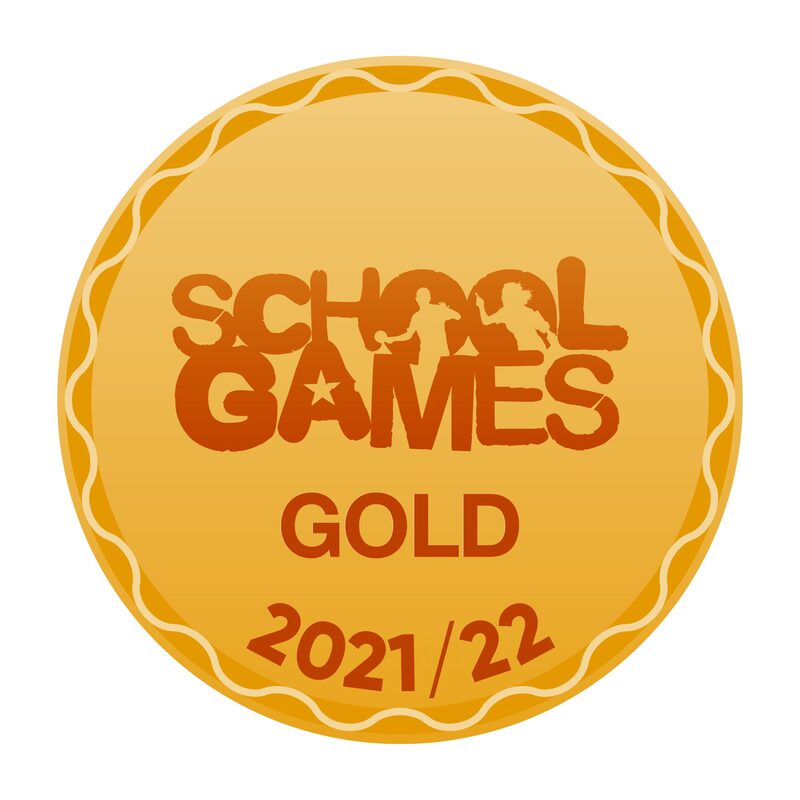Maths
Overview and Aims
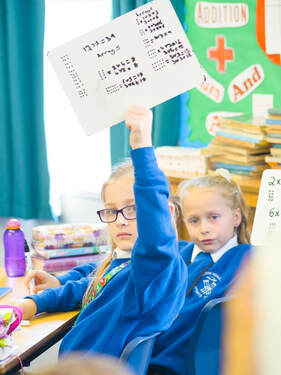
At Cranborne Middle School, we want our pupils to know that Mathematics is a creative and highly inter-connected discipline. It is essential to everyday life (whether directly or indirectly) and the knowledge and skills gained from pursuing it as a subject enable people to think critically, evaluate, problem solve and communicate ideas clearly. As such we aim to deliver a high-quality Mathematics education that results in knowledgeable children who:
- are fluent in the fundamentals of mathematics,
- can reason mathematically,
- can solve problems by applying their mathematics to a variety of routine and non-routine problems with increasing sophistication.
Implementation
Within the school, we design, review and adapt tasks to meet the needs of all children using Maths – No Problem! and White Rose Maths as cornerstones for our curriculum design. These tasks are linked to the national curriculum and as such are linked to the following outcomes:
Upper Key Stage 2: pupils will extend their understanding of the number system and place value to include larger integers. This will increase the connections that pupils make between multiplication and division and incorporate fractions, decimals, percentages and ratio. At this stage, pupils will be developing their ability to solve a wider range of problems, including increasingly complex properties of numbers and arithmetic, and problems demanding efficient written and mental methods of calculation. With this foundation in arithmetic, pupils will be introduced to the language of algebra as a means for solving a variety of problems. Teaching in geometry and measures will consolidate and extend knowledge developed in number. Pupils will also by this stage be classifying shapes with increasingly complex geometric properties.
Lower Key Stage 3: having demonstrated that they are accomplished in the fundamentals of the KS2 curriculum, pupils move on tackle newer and more challenging elements in the KS3 curriculum. Algebra becomes a more prominent feature of the work pupils undertake and is applied throughout the various strands of the curriculum pupils are expected to cover such as in their Geometry and Ratio work. Multiplicative reasoning also features heavily and is a cornerstone of the work pupils will do in relation to ratio, proportion, fractions and percentages work. Pupils also extend their understanding of how Mathematics is a core skill in relation to other subjects and apply their knowledge in those subjects.
The expectation is that the majority of pupils will move through the programmes of study at broadly the same pace. However, decisions about when to progress should always be based on the security of pupils’ understanding and their readiness to progress to the next stage. Pupils who grasp concepts rapidly will be challenged through being offered rich and sophisticated problems before any acceleration through new content. Those who are not sufficiently fluent with earlier material will be given the opportunity consolidate their understanding, including through additional practice and interventions, before moving on.
The children will be assessed regularly, giving teachers a strong understanding of pupils’ current knowledge and understanding, but also highlighting any future needs.
Upper Key Stage 2: pupils will extend their understanding of the number system and place value to include larger integers. This will increase the connections that pupils make between multiplication and division and incorporate fractions, decimals, percentages and ratio. At this stage, pupils will be developing their ability to solve a wider range of problems, including increasingly complex properties of numbers and arithmetic, and problems demanding efficient written and mental methods of calculation. With this foundation in arithmetic, pupils will be introduced to the language of algebra as a means for solving a variety of problems. Teaching in geometry and measures will consolidate and extend knowledge developed in number. Pupils will also by this stage be classifying shapes with increasingly complex geometric properties.
Lower Key Stage 3: having demonstrated that they are accomplished in the fundamentals of the KS2 curriculum, pupils move on tackle newer and more challenging elements in the KS3 curriculum. Algebra becomes a more prominent feature of the work pupils undertake and is applied throughout the various strands of the curriculum pupils are expected to cover such as in their Geometry and Ratio work. Multiplicative reasoning also features heavily and is a cornerstone of the work pupils will do in relation to ratio, proportion, fractions and percentages work. Pupils also extend their understanding of how Mathematics is a core skill in relation to other subjects and apply their knowledge in those subjects.
The expectation is that the majority of pupils will move through the programmes of study at broadly the same pace. However, decisions about when to progress should always be based on the security of pupils’ understanding and their readiness to progress to the next stage. Pupils who grasp concepts rapidly will be challenged through being offered rich and sophisticated problems before any acceleration through new content. Those who are not sufficiently fluent with earlier material will be given the opportunity consolidate their understanding, including through additional practice and interventions, before moving on.
The children will be assessed regularly, giving teachers a strong understanding of pupils’ current knowledge and understanding, but also highlighting any future needs.
| Maths curriculum overview.pdf |

